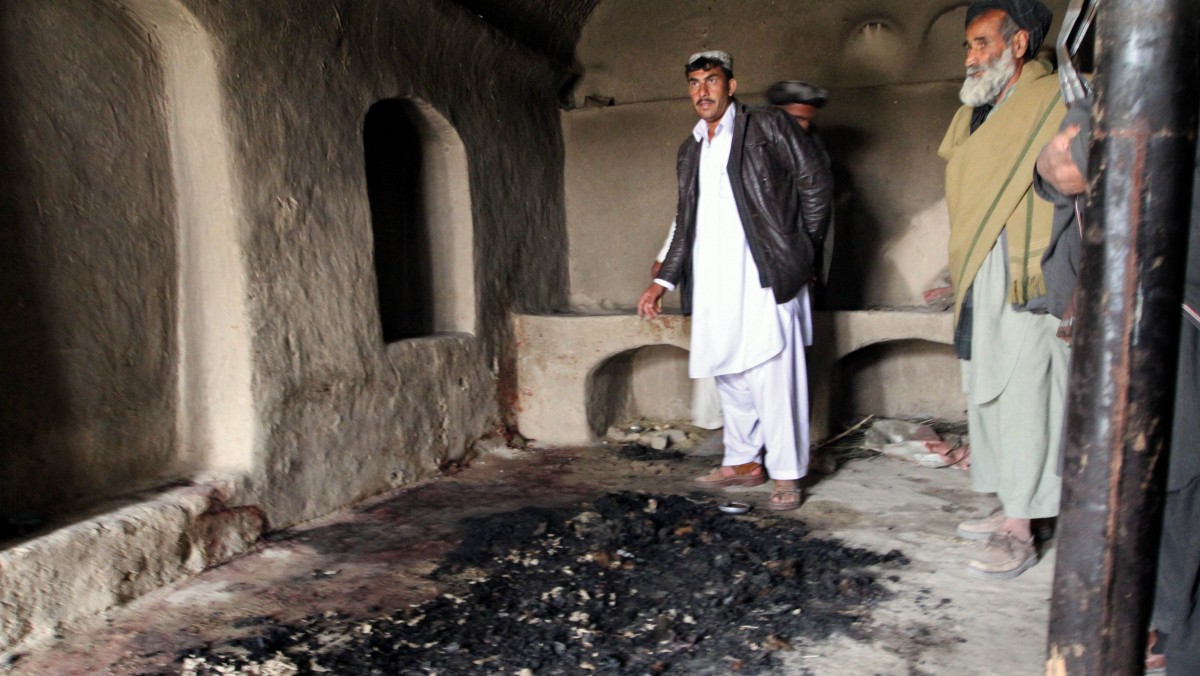The chief prosecutor for the International Criminal Court is seeking an investigation of alleged war crimes committed in the war in Afghanistan, an unprecedented probe that could involve US troops.
Fatou Bensouda said in a statement that a preliminary examination found «a reasonable basis to believe that war crimes and crimes against humanity» were committed in Afghanistan after US-led troops moved in following the September 11 attacks in 2001.
Once the prosecutor submits her investigation request to the court, based in the Dutch city of The Hague, it is up to the tribunal’s judges to decide whether to open one.
Ms Bensouda’s office said her request will be filed publicly «in the days to come».
An Afghanistan probe would be exceptional because until now most ICC trials have dealt with events in Africa. The only case currently under investigation outside Africa is in the former Soviet republic of Georgia.
Human Rights Watch welcomed the announcement as a step towards ending impunity for crimes in Afghanistan.
«Thousands and thousands of Afghans have suffered horrendous human rights abuses and war crimes over the years and there has been no accountability,» said Richard Dicker of the group’s international justice programme.
«The announcement today by the prosecutor opens the door to the possibility that for the first time there may be some justice possible for the victims.»
Ms Bensouda said in a report last year that US forces and CIA agents may have committed war crimes by torturing detainees in Afghanistan between 2003 and 2014.
That opens the possibility that Americans could be among those investigated for possible prosecution, even though the US is not among the court’s more than 120 members.
Taliban and Afghan government forces may also have used torture and committed other atrocities in Afghanistan’s long and bitter conflict, the report said.
Ms Bensouda said in a statement that if judges approve an investigation, her office «will investigate, within its mandate and means, in an independent, impartial and objective way, crimes within the court’s jurisdiction allegedly committed by any party to the armed conflict».
Americans could face prosecution if their alleged crimes took place in a country that is an ICC member, such as Afghanistan, and if they were not prosecuted at home.
However, legal experts say the chances of American service members being charged and sent to face justice at the ICC are remote.
Katherine Gallagher, senior staff attorney at US rights organization the Centre for Constitutional Rights, said the possibility that Americans could be charged sends a «long overdue message that no one is above the law».
Established in 2002, the ICC is the world’s first permanent court set up to prosecute war crimes, crimes against humanity and genocide.
As president Bill Clinton signed the Rome treaty that established the court, but George W Bush renounced the signature, citing fears that Americans would be unfairly prosecuted for political reasons.
Ms Bensouda’s 2016 report said the alleged US war crimes «were not the abuses of a few isolated individuals. Rather, they appear to have been committed as part of approved interrogation techniques in an attempt to extract ‘actionable intelligence’ from detainees».
The prosecutor’s report noted that US authorities have conducted dozens of investigations and court martial cases.
After the September 11 attacks, the Bush administration allowed the use of waterboarding, which simulates drowning, and other interrogation techniques against suspected terrorists. Barack Obama banned such practices after taking office in 2009.
A full-scale investigation, if approved by judges, could take months or years before the prosecutor decides whether to file charges. Then it remains to be seen if suspects can be detained and handed to the court for trial.
«We have seen that arrest and surrender is the Achilles heel of international justice,» Mr Dicker said.
Top photo | In this Sunday, March 11, 2012 file photo, men stand next to blood stains and charred remains inside a home where witnesses say Afghans were killed by a U.S. soldier in Panjwai, Kandahar province south of Kabul, Afghanistan. U.S. military officials investigated the massacre site more than three weeks after the killings occurred. (AP/Allauddin Khan)


